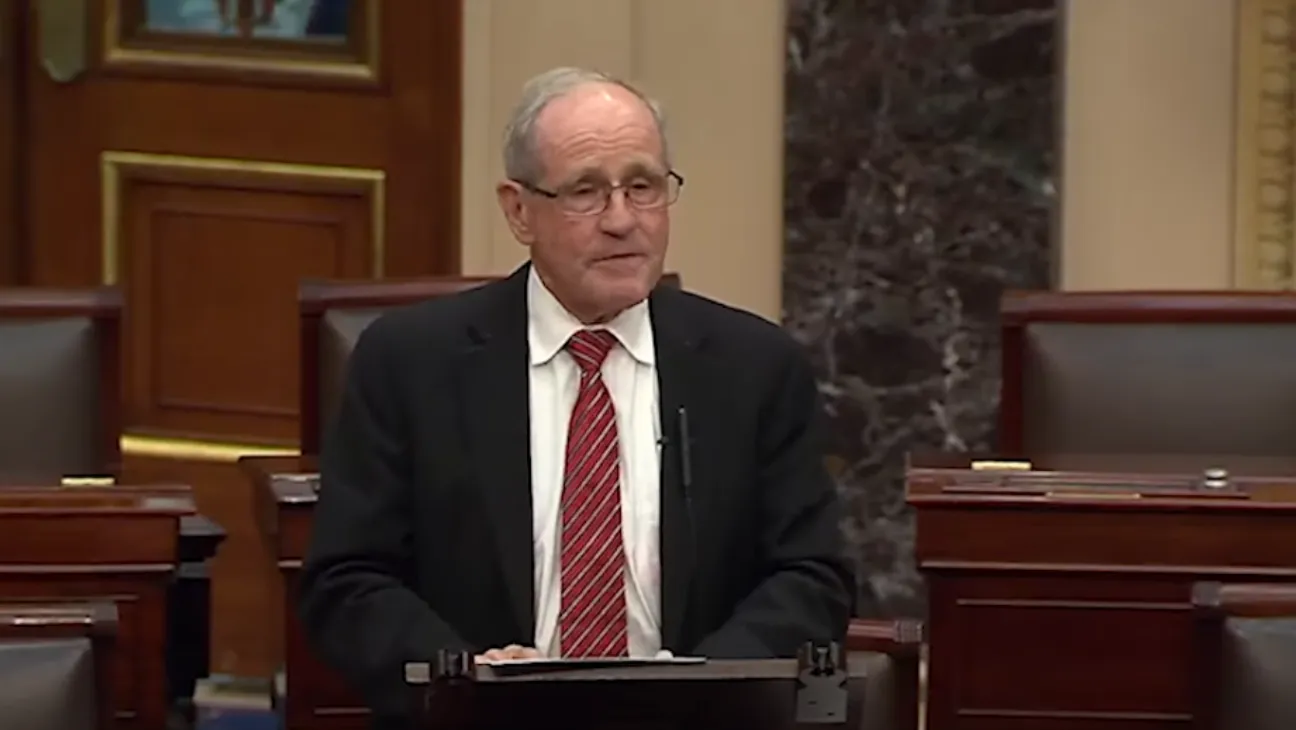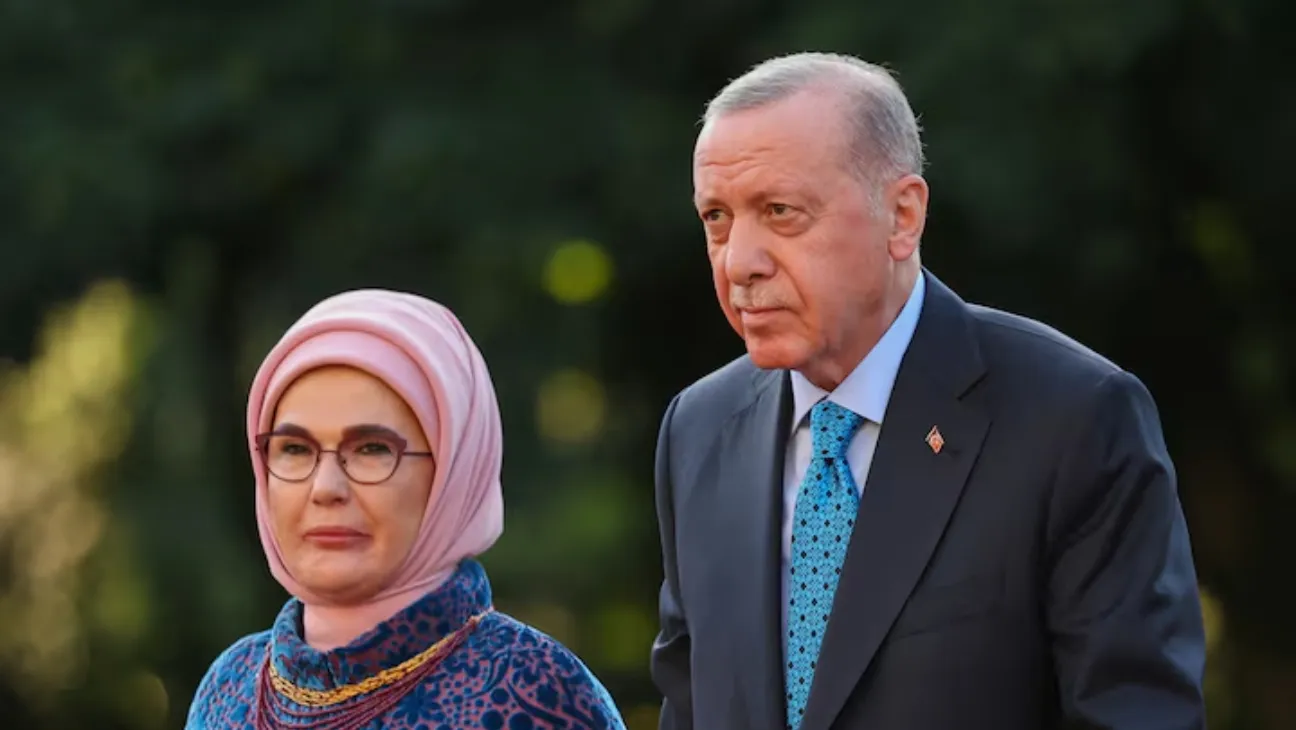Senator James Risch (R-Idaho) delivered a sharp critique Friday of a Senate resolution that would require the president to obtain Congressional approval before conducting military operations against Iran.
Speaking on the Senate floor, Risch said the measure — Senate Joint Resolution 59 — mischaracterizes President Donald Trump’s earlier military action and undermines the president’s constitutional role as commander-in-chief.
“This is a clear attempt to take a slap at President Trump and nothing more,” Risch said. “It has nothing to do with safety or law.”
The resolution seeks to direct the president to halt any U.S. military involvement in hostilities against Iran unless Congress declares war or passes specific authorization.
Risch rejected that premise.
“We are not in active hostilities with Iran,” he said. “You can’t terminate something that’s not going on.”
He pointed to a specific airstrike under Trump’s orders—one that hit three nuclear-linked sites in Iran. Risch described it as swift, measured, and meant to keep tensions with Israel from boiling over.
“It ended a war. It didn’t start one,” he added.
Risch cited a statement from the Executive Office of the President that said the resolution ignores the growing threats posed by Iran and its proxies. He repeated the administration’s view that the president acted within legal boundaries, and that the U.S. remains committed to protecting its forces in the region.
The strike, according to Risch, complied with both the Constitution and the War Powers Act.
Under the War Powers Act, the president can launch short-term military operations without first getting Congress’s approval—provided they give notice and stay within set limits on how long and how far those actions go.
“Trump followed those rules to the letter,” Risch said. “This wasn’t something drawn out or vague. It was brief. It was targeted. It was constitutional.”
He argued that the global threat landscape has changed since the founding era. Back then, he said, oceans acted as barriers and wars unfolded over months.
“Today, it’s the push of a button,” Risch noted. “That’s why presidents must have the ability to act quickly.”
He acknowledged growing concerns about executive power in military decisions but warned that this particular resolution could send the wrong message internationally — especially to allies like Israel.
“It says we don’t stand with our president. It says we don’t stand with Israel,” he said. “And that’s just not true.”
Risch didn’t stop there—he also brought up Trump’s work abroad, like trying to cool things down between India and Pakistan, and helping broker peace between Rwanda and Congo.
“Those countries thanked him personally,” Risch said. “He’s worked hard to be a president of peace.”
Throughout his speech, Risch returned to a familiar line: that military force should be avoided when possible but must remain on the table when threats appear.
“Trump hates long, drawn-out conflicts,” he said. “But he also knows, when you’re president, you sometimes have to act — quickly, carefully, and lawfully.”
He urged the Senate to reject the resolution and argued that it politicizes what was, in his view, a successful and necessary operation.
“This is not about war. It’s about defense,” Risch said. “And the law already gives the president the ability to make that call when it matters most.”
The Senate has yet to vote on the resolution. The debate reflects long-running tensions over how much military authority should reside with the president — and how often Congress should weigh in before force is used.









